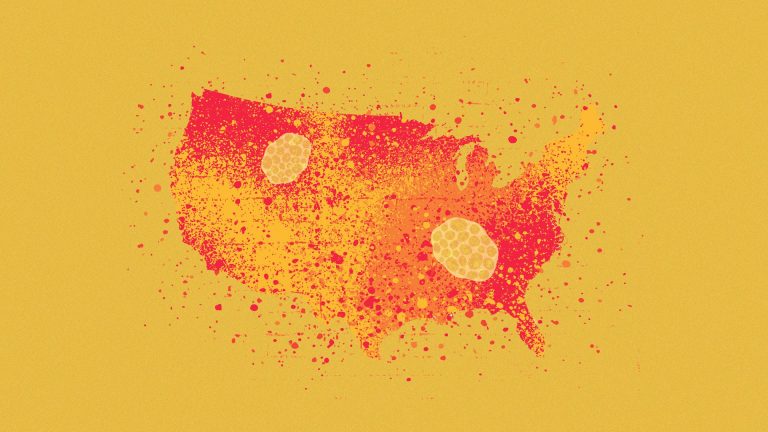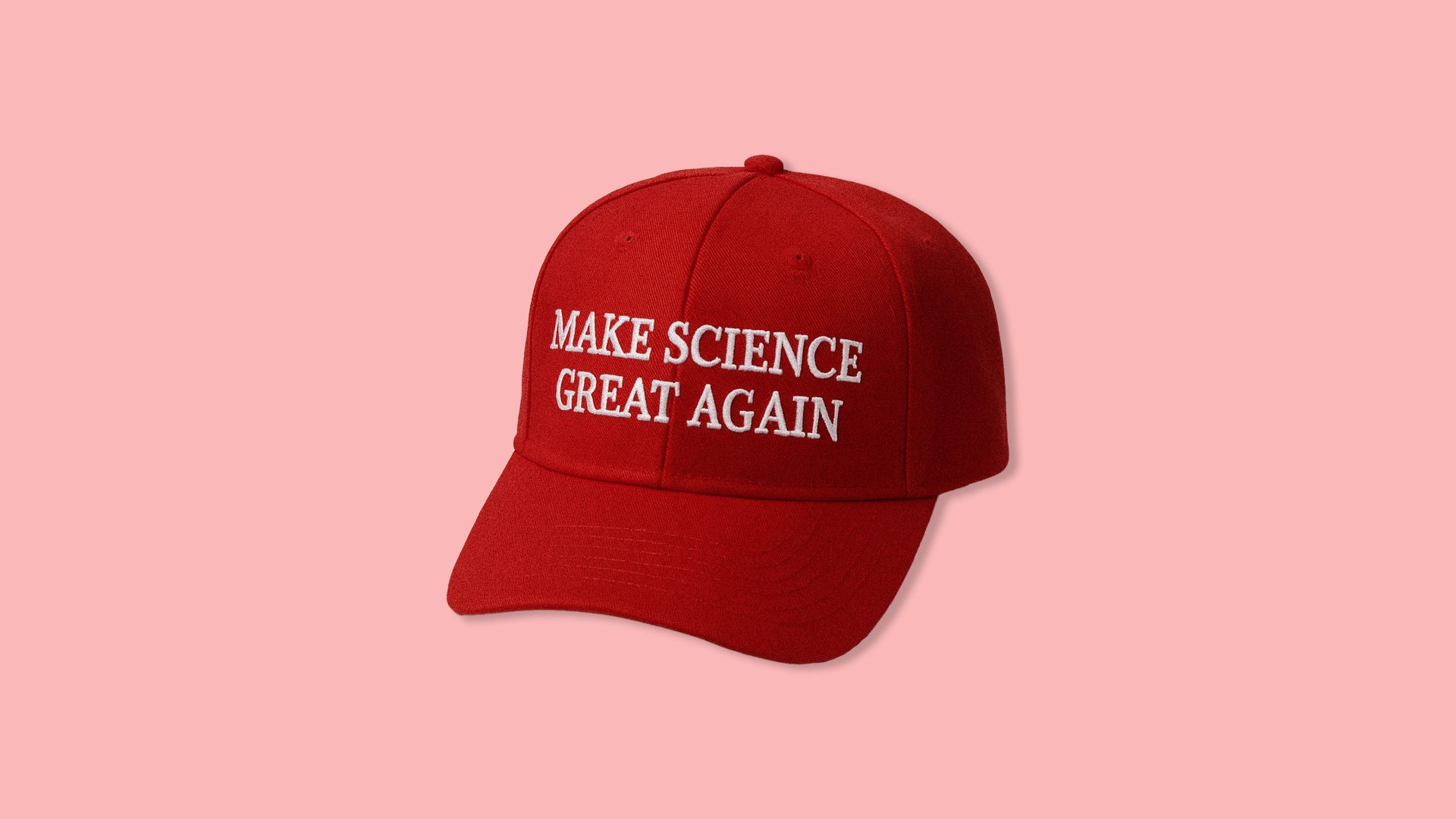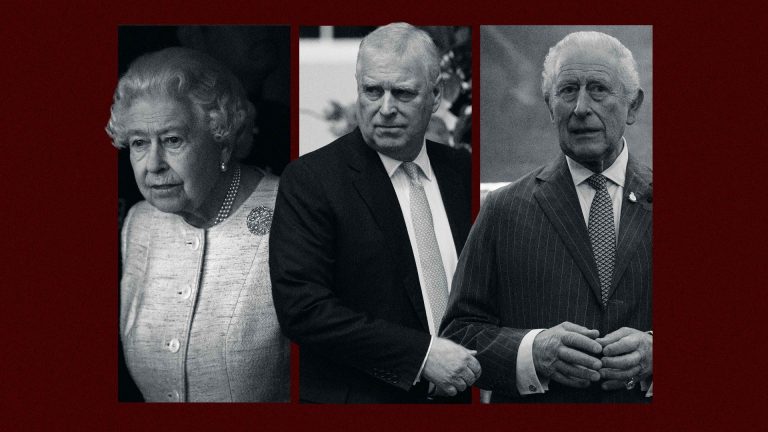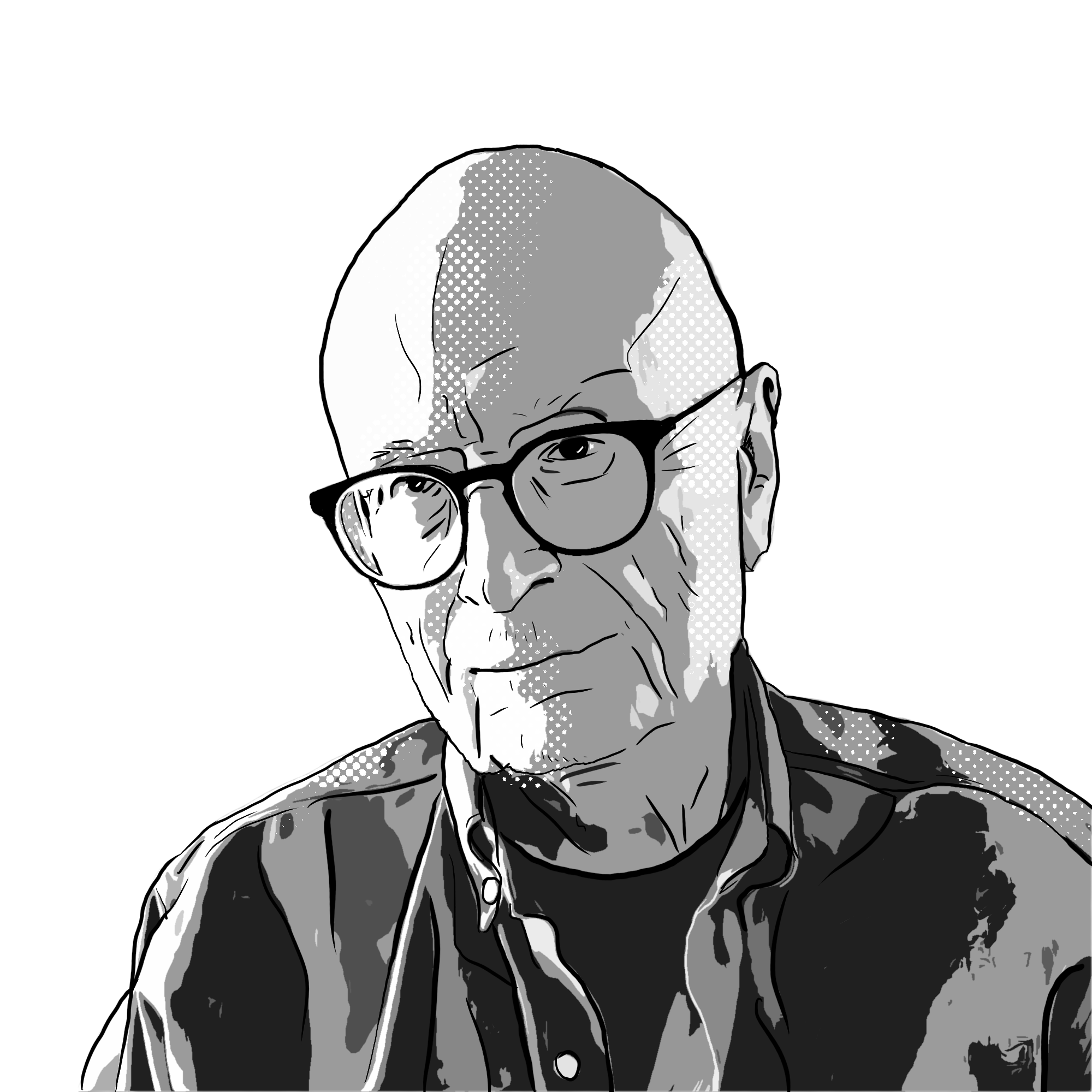Trofim Lysenko was an influential geneticist who, in 1940, rose to become director of the Soviet Union’s institute of genetics. The problem was that Lysenko was also a committed communist ideologue which meant that he denied Darwinian natural selection, an idea that was considered ideologically unsound, preferring instead his own pseudo-scientific theories.
A keen Stalinist, Lysenko viciously attacked his opponents, suppressed their work and in some cases was even responsible for their imprisonment and execution. Worst of all, his political influence meant that his theories were taken seriously and he was able to impose them on Soviet agricultural policy. His interventions led to famines in which millions of Soviet citizens perished. His ideas were also influential in China – and just as catastrophic. Lysenkoism contributed directly to the Great Chinese Famine of 1959-62.
The attempt to fit science around political ideology can have disastrous effects – it seems we are in the process of learning that sorry lesson all over again, as the US administration of Donald Trump conducts its relentless assault on science. The extent of that attack is perhaps best captured by the decision to cut the subscriptions of governmental agencies to the 3,000 or so journals produced by the Springer Nature group. These include Scientific American and its flagship title Nature, which has been the premier journal of record in science since it was launched in 1869. This means that researchers at key scientific agencies in the US, such as the National Institutes of Health, will be unable to access the latest scientific papers, unless they have their own subscription.
A spokesperson for the US department of health and human services explained that “precious taxpayer dollars should not be used on unused subscriptions to junk science”. Junk science presumably refers to work on topics such as climate change and vaccines that the Trump administration finds either inconvenient or “woke”.
Nature was famously cancelled in 1930s Germany, largely for its criticisms of Hitler’s racial laws. But if anything, the Trump attack on science has been even more extensive, so much so that it can leave one reeling and disorientated. On the one hand Trump is announcing a return to “gold standard” science; on the other hand, he is eviscerating its institutions and funding. The chaos and confusion is the point.
So is this about Chinese-style state censorship or Soviet-style Lysenkoism? Is the war on truth driven by QAnon-type conspiratorial lunacy or good old-fashioned McCarthyite paranoia? Do Trump’s agents believe they are right about science and Nature is wrong, or is it all just a performance of power? Whatever their motive, it seems the Trump administration seems to think it has found a way to neutralise the ideological threat posed by science. This is what Trump’s battle against science looks like:
Misuse of science’s authority
One of the most striking aspects of modern conspiracy theories is that they don’t seek to discredit science as such. Quite the opposite: they aim to mobilise the authority of science to discredit the usually mainstream views that they challenge. It’s the “Do our own research” mentality, which can be seen in US health secretary Robert F. Kennedy Jr’s plan to investigate the alleged links between vaccines and autism. No matter that such links have been convincingly ruled out many times in careful scientific studies; RFK Jr wants us to believe that previous research was somehow flawed, while his own investigations will get to the bottom of the matter, even though his conclusion is evidently predetermined.
Of course, not all published science is trustworthy. The relative number of papers retracted because their conclusions or methods are found to be flawed or fabricated is increasing, perhaps in part because of greater pressure on scientists to come up with eye-catching results. But these are matters properly policed by the scientific community, not by governmental overseers.
Seeking to undermine inconvenient facts by claiming the higher scientific ground is an old tactic. It has been used by individuals, think tanks and corporations wishing to destroy the credibility of the scientific consensus about human-induced climate change, for example – these are what historians of science Naomi Oreskes and Erik Conway have called “merchants of doubt”.
Oreskes and Conway have explained how the same tactics were used by tobacco companies to delay acceptance of the link between smoking and cancer. Today’s merchants of doubt exploit concerns about the politicisation of science to suggest that journals actively suppress research that does not align with their own “woke” agendas, such as papers that do not support the idea that the climate is warming. Claims of a scientific consensus are all too easily presented by populists as elitist and “anti-democratic”.
Withdrawal of funding
On the one hand, the Trump administration is accusing scientists and journals of suppressing evidence that conflicts with their woke agendas, and on the other hand Trump is cancelling funding for research he does not like. The cognitive dissonance between those two should be deafening – but it merely shows how little such contradictions trouble ideologues. The targets of such cuts betray a clear and predictable agenda. Severe cuts to the US National Oceanographic and Atmospheric Administration, for example, would kill off research into the effects of climate change on weather. Cuts to the National Weather Service might already have hampered forecasting of the fatal Texas floods.
This attack on truth by starving truth-seekers of funding has been so crudely pursued by the Trump administration as to almost inspire a kind of twisted admiration. Among the words that might endanger grant applications are “Black”, “diverse”, equality”, “female”, “climate crisis”, and “misinformation”.
There’s some dark comedy in it all: one researcher studying the use of far-right “dog whistle” political language has admitted to now veiling his own work in dog-whistle camouflage such that only people in the know will understand its meaning. But this sort of response becomes an arms race, with grant applications being scoured even for “hidden” content relating to diversity, equity and inclusion.
Destroying institutions
Musk’s department of government efficiency took a wrecking ball to science not to cut costs – any savings he achieved were minimal and will surely be offset by the decline of science-based productivity. The real aim was to cow institutions into obedience, and most of them complied. Nasa, for example, rescinded its commitment to place “the first woman and first person of colour” on the moon as part of its Artemis spaceflight program.
Suggested Reading


Why is Trump’s America anti-science?
Trump’s attempt to destroy Harvard University, which is wealthy enough to push back against his demands, was evidently intended to show other, less resourced academies what lies in store if they encourage politically unsound thought. Trump has also sought to undermine the National Science Foundation, responsible for distributing funds throughout all US science, by turfing it out of its headquarters in Virginia for no apparent reason other than caprice and display of power.
Erosion of trust in experts
Haven’t we, after all, had enough of them? (Michael Gove, as ever eyeing the political weathervane, has recently doubled down on his infamous phrase.) Expertise – the idea that some people do know more than others about particular topics – being by its very nature a form of elitism will never sit easily with populists. The Trump administration has seemingly made lack of experience and knowledge a virtue of his political appointees.
That is especially catastrophic in science, where specialised knowledge can never be acquired on the fly. RFK Jr dismissed the entire vaccine advisory panel of the Centers for Disease Control and Prevention on the grounds of alleged conflicts of interest, replacing them with appointees who are instead compromised by lack of expertise.
Some scientists, perhaps bewildered or merely frightened by the Trumpian assault, have bought into this narrative. Marcia McNutt, president of the US National Academy of Sciences, claimed that the scientific community “must take a critical look at what responsibility it bears in science becoming politically contentious, and how scientists can rebuild public trust.”
As several scientists pointed out, any erosion of public trust was due more to the undermining of expertise by politicians and conspiracy theorists during the pandemic, in which science produced an effective vaccine in record time. The mRNA technology used to make the first of those vaccines has itself become a taboo for the Trump administration, and RKF Jr is now intent on killing off further research into mRNA vaccines (including for HIV and pancreatic cancer) within the US.
Suggested Reading


Is science failing, or are we failing science?
Taking over media to impose politicised views
This tactic is of course as old as the press itself, with an especially toxic heritage from the Murdoch news empire. That Musk has practised this approach so transparently and incompetently on Twitter/X does not, however, necessarily prevent it from being effective. His tweaking of the Grok AI to rant irrelevantly about the “white genocide” in South Africa was comic in its way, but social media, X in particular, has played its part in creating political polarisation and corrupting the infosphere, perhaps beyond redemption. AI complicates the matter, being regarded by many as objective and reliable while in reality being susceptible to both human biases and manipulation.
Destruction of data
Allegedly in a bid to reduce “waste” and “inefficiencies” in federal departments and agencies, the Trump administration has been deleting scientific databases, especially on climate and environmental issues, and data relating to gender and diversity that are vital for healthcare.
This is essentially digital bookburning. Data on a vaccine for Mpox, for example, has vanished. And the dismantling of the US agency for international development (USAID) has endangered public-health databases on global HIV prevalence, childhood and maternal mortality, malaria, tuberculosis and other health topics. Climate reports such as the congressionally mandated quadrennial national climate assessments, have disappeared from the internet. Scientists have been scrambling to make backups of some of these resources before it is too late.
The administration is also seeking to prevent more inconvenient data being gathered, for example by proposing to defund the Mauna Loa observatory in Hawaii, responsible for the measurements of atmospheric carbon dioxide concentrations that have supplied some of the most definitive data supporting the idea of anthropogenic climate change. The permanent loss of such information could be catastrophic for research. “Climate science is only possible because of long-term datasets,” one climate scientist said.
Lies
It is tempting to suppose that a strategy of truth denial might end with, “if all else fails, lie”. But outright lies are in fact often the first option. In an age where accountability has all but vanished, where the media is woefully ill-equipped to handle falsehood, and where confirmation bias and echo chambers increasingly blunt critical faculties, why would you not simply make up facts on the spot to suit your argument?
Thus, for example, RFK Jr’s claim that the Covid-19 vaccine was “the deadliest vaccine ever made”, even though the vaccines are estimated to have saved around 14 million lives in their first year of use, or that drinking raw milk has health benefits, or that there are no autistic people of his age.
Lies, as Hannah Arendt pointed out, are a political weapon: a threat to the public realm, and as such, a potent tool of authoritarianism. But untruths, once begun, are endless: the liars, said Arendt, end up “drifting from one possibility to the next, unable to hold on to any one of their own fabrications.” It sounds precarious. But the always-on, continual news cycle of social media makes today’s lie too ephemeral to receive scrutiny tomorrow, stabilising what Arendt called “organised lying” and making it a viable form of power.
These tactics are not consistent, and don’t have to be. How can you claim that scientific experts are suppressing facts while at the same time dismantling whole databases? No matter. The goal is what political scientist Sigal Ben-Porath has called “manufactured ignorance”: undermining any sense of shared social reality. It is not just an erasure of knowledge, not a mere voiding of truth, but in Ben-Porath’s words “ignorance that fights back”: not-knowing and unknowing as a political movement.
In this climate, truth is political. Because truth brooks no dissent, Arendt wrote, “it is hated by tyrants, who rightly fear the competition of a coercive force they cannot monopolise.” For that very reason, however, facts leave despots vulnerable. Protecting them is in itself a way to fight against tyranny.










